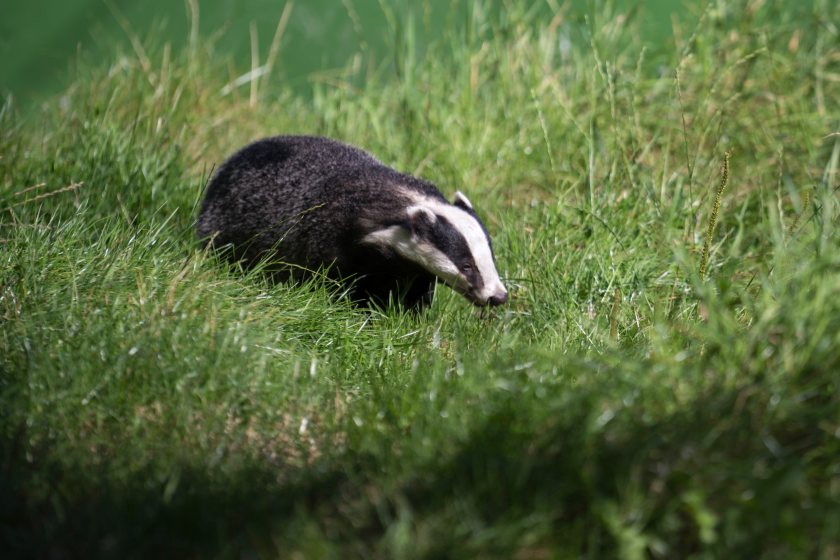
A new farmer-led project in the south west aims to provide better understanding of the impact badger vaccination could have on controlling bovine TB.
Defra may award funding of £1.4m towards the research into badger vaccination, which is being carried out by the NFU and the Zoological Society of London.
The project is being pushed by farmers in the region who want to better understand the impact vaccination may have and the role it might play in future strategy.
Based upon these learnings, the NFU hopes to develop a scalable and cost-effective badger vaccination delivery model.
In August, the Labour government set out a new approach to bovine TB eradication that included a study into badger vaccination.
It also pledged to end the badger cull by the end of this parliament as part of the refreshed eradication strategy.
Working in partnership with a small team of trained vaccinators from Zoological Society of London, farmers in Cornwall will trap badgers on their farms.
Initially, experts at ZSL will vaccinate the badgers, but will also train others within the area interested in becoming a vaccinator.
This approach looks to increase the local workforce and capacity for vaccination delivery, ultimately allowing more farmers access to badger vaccination as a means of control.
Vaccinated badgers will be blood tested to track the effectiveness of vaccination within the wildlife population.
Camera traps will be used to estimate badger population densities and vaccination coverage, as well as offer an indication of badger recovery rates in post cull areas.
The ultimate aim of the project will be to help fill the evidence gap on badger vaccination and its impact upon the disease within cattle.
NFU President Tom Bradshaw said farmers taking part "rightly wanted to address the knowledge gap around badger vaccination and do what they can to retain the benefits achieved through culling".
"This will enable them to gain a better understanding of both the disease in wildlife and the impact of vaccination through differing methods of delivery," he added.
“If awarded, we hope this funding will help farmers and researchers work together to take further steps in achieving our shared goal of eradicating bTB.”
Badger vaccination is currently delivered on an annual basis for at least four years to build herd immunity.
This project looks to evaluate the current approach, but will also test a biennial - vaccinating in year 1 and year 3 - approach to identify a more practical and affordable model.
The targeted approach entails adjusting vaccination frequency and location based upon the local disease picture in both cattle and badgers by deploying vaccination on TB breakdown and surrounding farms.
